BMW Group has entered into a strategic partnership with Rimac – aimed at advancing fully electric drive technology. This collaboration marks a significant step towards innovation in high-voltage battery technology for selected electric vehicles. Rimac Technology, a high-profile EV technology firm from Zagreb, is famous for creating ‘Tesla Killers‘ on the track. Will the Croatians be able to give the ‘last piece of the puzzle' needed for the Munich outfit to be able to claim that they now make the ‘The Ultimate EV Driving Machine'?
Under this agreement, both companies will utilise their respective expertise to foster developments in electric mobility. BMW Group’s experience in battery and electric drive systems, accumulated over more than a decade, complements Rimac Technology’s specialisation in electrification within the automotive industry. This includes their work on high-voltage battery packs, e-axles, and software solutions, all produced in-house.
The partnership signifies a pivotal moment for Rimac Technology as it shifts from a provider of niche, high-performance solutions to a high-volume Tier 1 supplier. This transition is supported by the recent expansion of its business and the establishment of the Rimac Campus, underscoring the company’s readiness to meet the highest automotive standards.
While the specifics of this strategic collaboration will be disclosed at a future date, it is clear that this partnership aligns with BMW Group’s electrification strategy, which aims to bolster its leadership in the premium electric mobility sector. We still remember seeing the line-up of new diesel BMW's that were launching at an American trade show back in 2020. It was a very sad sight indeed, but the plans had been made and the market was moving across the EV much faster than the Germans had anticipated. Now that is set to change.
Musk has been feeling the pressure from BYD in the affordability space but, until now, cars like BMW's i4 M50 have cost £20,000 more than a Tesla with similar performance dynamics. The introduction of Rimac could be extra pressure on Tesla, from the other end of the market.
The sales of electric vehicles (EVs) have been witnessing a significant surge globally, as environmental concerns, technological advancements, and supportive policies fuel their adoption. This upward trajectory is underpinned by continuous improvements in battery technology, which have led to longer ranges and shorter charging times, making EVs more appealing to a broader audience. Moreover, many governments around the world are implementing stringent emissions regulations and offering incentives for EV purchases, further propelling market growth. This trend shows no signs of slowing down, with EV sales increasing year-on-year and more automakers committing to electrified futures.
By 2030, battery-electric vehicles are expected to constitute over half of global vehicle sales, positioning BMW's collaboration with BMW as a critical step towards achieving sustainable mobility.
Looking into the future, it's clear that EV sales will reach a tipping point, where they will account for over half of all new consumer road vehicle sales. This projection is supported by several industry analysts and research institutions, who point to the declining cost of EV production, the expansion of charging infrastructure, and the increasing consumer preference for sustainable mobility solutions.
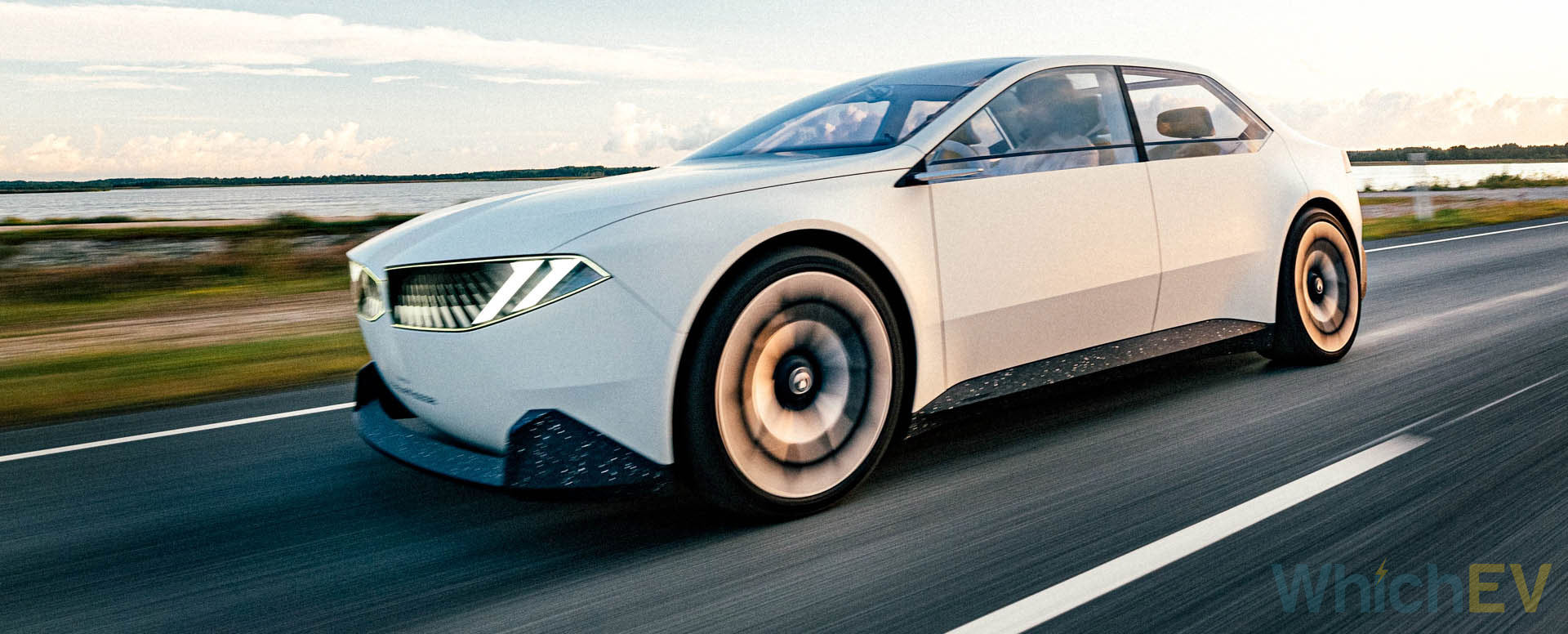
While the exact timeline for when EVs will dominate the market varies among sources, the consensus leans towards the late 2020s to early 2030s. That shift will not only represent a significant milestone for the automotive industry, but also a key point in humanity's fight against global carbon emissions/climate change.
In addition to this partnership, BMW Group announced it is on the verge of introducing the sixth generation of its BMW eDrive technology, promising enhancements in range and charging times, further underlining its commitment to electric mobility innovation.
With every new market there is first invention, followed by a period of innovation, then an explosion in the number of companies operating in that market – followed by the inevitable consolidation down to a handful of companies that form an oligopoly. Which partnerships/absorptions will we see in the near future?

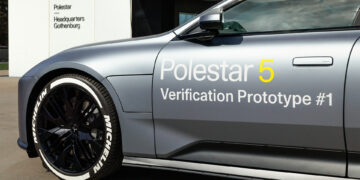
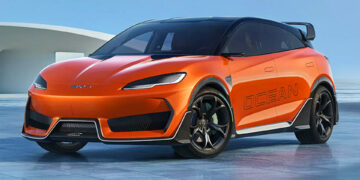
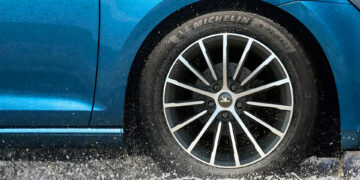

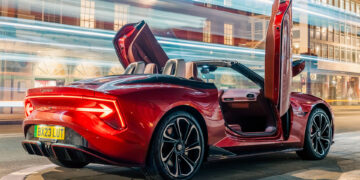


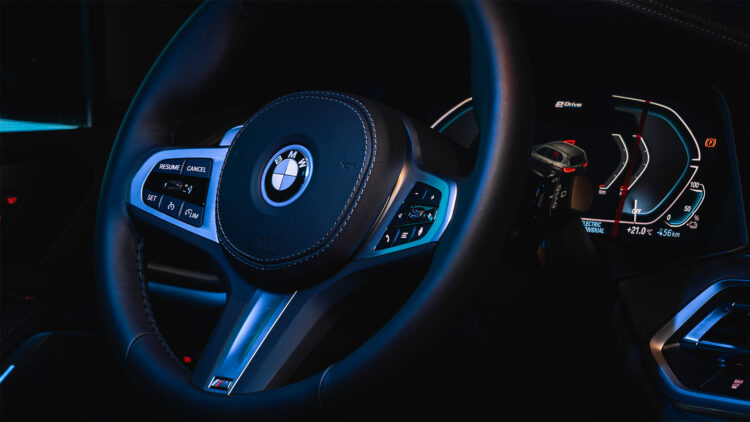
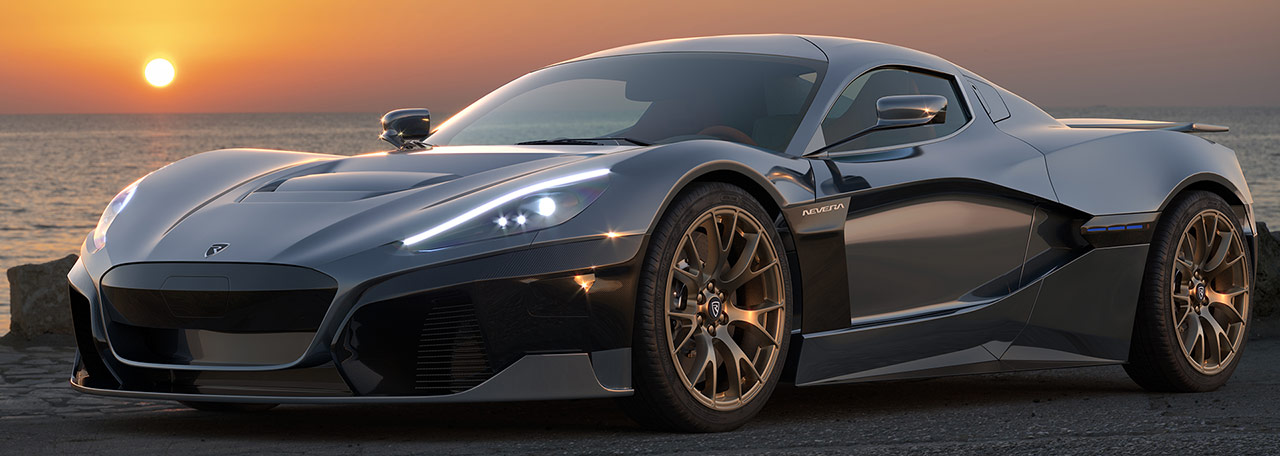









Discussion about this post